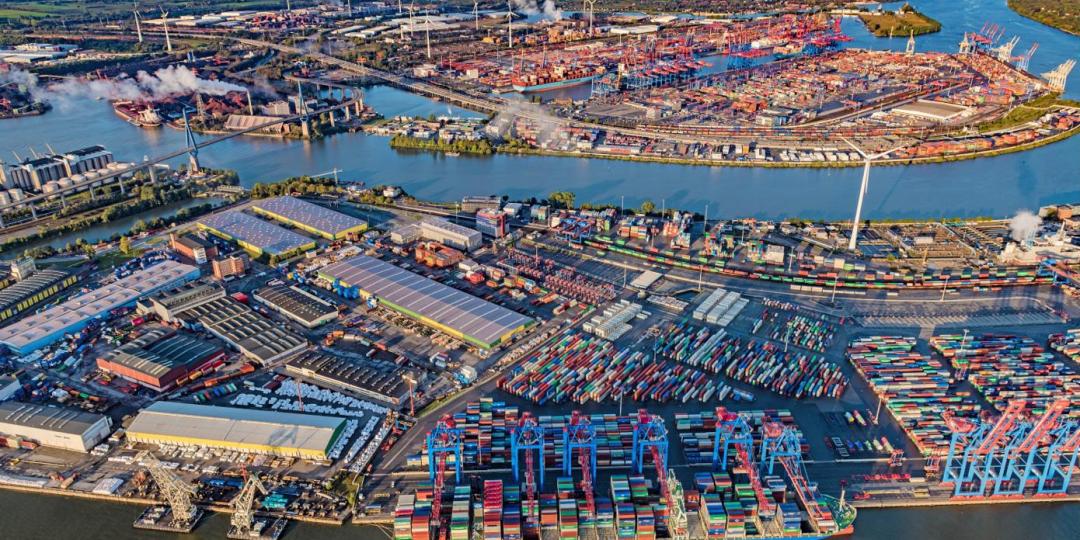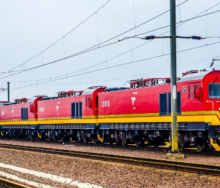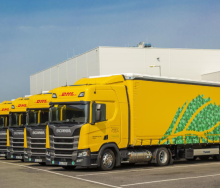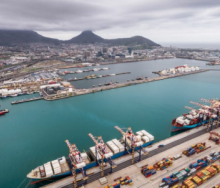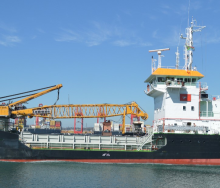The Port of Hamburg has announced a novel solution to reduce congestion and backlogs that will see ships, instead of trucks, transhipping containers within the port complex.
According to Maritime Executive, the port, several of its major operators, and shipping line Unifeeder will launch the project on November 1. The project will use the line’s vessels to transport containers, instead of trucking containers over the roads between terminals.
Hamburg handled nearly nine million TEUs in 2021, slightly less than 2020, but still placing the port at number 20 in the ranking of world ports. Last year more than 3 500 containerships called at the port, including more than 200 ultra-large vessels transporting at least 18 000 TEUs.
Hamburg is one of the leading transhipment ports in Northern Europe and a key destination on shipping routes to Asia. It handled approximately 3.3 million TEUs of transhipments in 2021.
Ship-based transhipments can take several thousand containers off the road each year.
Every container we can move via waterway means a reduction in C02, said Alexander Geisler, managing director of DIHLA DAKOSY Interessengemeinschaft Hamburger Linienagenten (DIHLA).
DIHLA is one of the companies helping to initiate the seaborne transfers.
Danish shipping company Unifeeder is the initiator, together with the Hamburg software specialist DAKOSY and DIHLA. The firms created a digital process that covers customs handling to tranship containers in the port by ship.
Unifeeder said the service would provide container transfers by feeder ship between the HHLA terminals CTA, CTT and CTB, as well as Eurogate, and eventually, the Süd-West Terminal.
The project’s benefits include a reduction in the number of trucks travelling between terminals, shorter dwell times, and a decrease in CO2 emissions.
